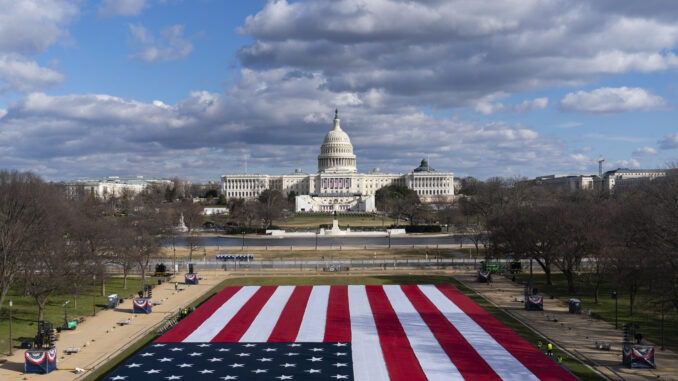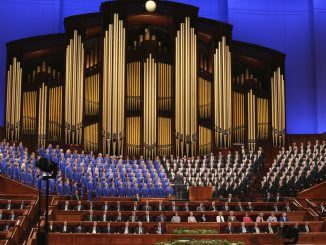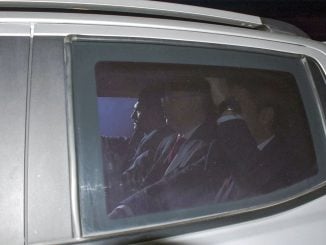
 Alexis de Tocqueville visited America in the early days of the Republic on an official mission for the French department of the interior to study the US penitentiary system. What he discovered as he traveled America became one of the seminal works on government in world history, “Democracy in America,” published in 1835.
Alexis de Tocqueville visited America in the early days of the Republic on an official mission for the French department of the interior to study the US penitentiary system. What he discovered as he traveled America became one of the seminal works on government in world history, “Democracy in America,” published in 1835.
He discovered the Anglo-American civilization “…is the result of two quite distinct elements, which elsewhere have often been at war but in America have somehow been incorporated into one another and marvelously combined. I allude to the spirit of religion and the spirit of liberty.”
He observed religious liberty in America which allowed minimal, decentralized democratic representative government to be established at the local, state and national level. Both could not exist without the other, he said, or else eventually the new American republic would fail.
Religious freedom in America allowed people to govern themselves and negate the necessity for powerful government to be concentrated in the hands of kings, tyrants or councils that often ruled in capricious ways. Without a virtuous, self-governed populace, the need for concentrated power in the hands of a few would become a necessity for no other reason than keeping the peace based solely on observable human nature.
As activists seek to dismantle traditional norms in our culture that have emanated from our historical journey as a nation based on Judeo-Christian principles, we are faced with what James R. Wood referred to as a Tocquevillian conundrum in his March 25 review of Shadi Hamid’s essay in The Atlantic, “America without God,” published in Providence magazine:
“We have to also account for the Böckenförde Paradox: the idea that liberal societies depend on non-liberal realities that liberal structures can neither produce nor sustain. Liberal societies require a virtuous, and thus religious, citizenry, as many of the Founding Fathers recognized. But, as the Tocquevillians have long argued, liberal societies seem to undermine the very institutions that inculcate such virtue…Such societies do this…through the general disdain expressed toward religion by individuals, academia, the entertainment industry, the media, etc.”
When the populace ceases to be religious, then politics becomes “religion” for partisan followers. “Without morality, freedom cannot reign and without faith there is no basis for morality” he wrote. Societies without morality and faith would devolve into a state of Darwinist survival of the fittest, where it doesn’t matter who is more moral or ethical but which political faction has the financial, technological and organizational resources to take over full control of the government and tell everyone else what to say, think and do. It sets up bitter conflicts that never get resolved.
Witness the cancel culture around us or the rampant censorship of opposing views by the titans of social media outlets. There is no appeal to a high authority in the religious sense of such actions — only a statement that those who are censored have opinions or views about public policy matters with which the media titans disagree.
There is no other reason to argue for the abolition of the filibuster in the U.S. Senate if it is not to make certain political beliefs the state-mandated “religion” for everyone to obey and follow. Ending the filibuster would render the U.S. Senate to the status of being just another legislative body instead of the crucible of reason and compromise which has served America for 232 years.
About 35% of all millennials now consider themselves to be “nones,” as in having no religious affiliation, and 23% of all voters are “nones,” up from 16% in 2007. Based on what de Tocqueville observed 186 years ago, it is easy to envision a day when America ceases to be a religious nation and becomes a secular socialist nation as France and other European nations have become. Not only would he be shocked at the amount of control Americans have ceded to Washington bureaucrats, he would also be stunned at animus directed toward religious people by today’s media and left-wing socialists.
Easter is a good time to reflect not only on our personal salvation but about how important our religious beliefs are to our collective life together as Americans. The spirit of religion and freedom go hand in hand with each other in America. One of them goes and our democratic republic dissolves with it.



